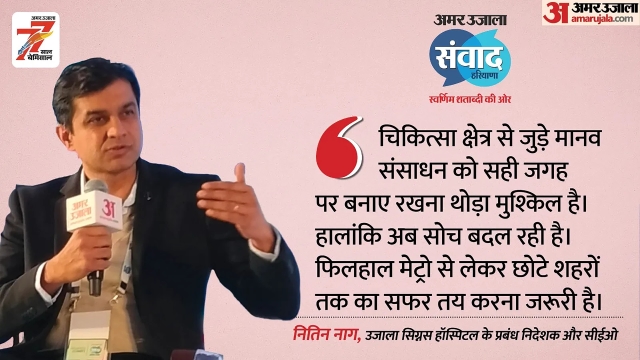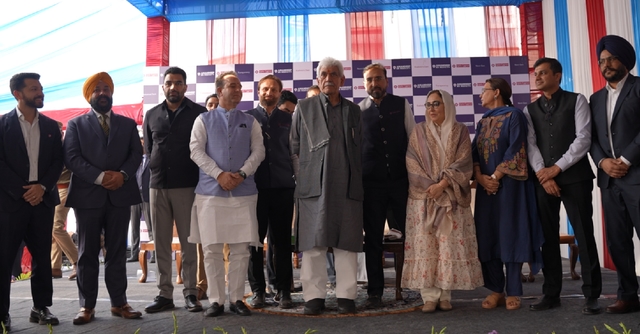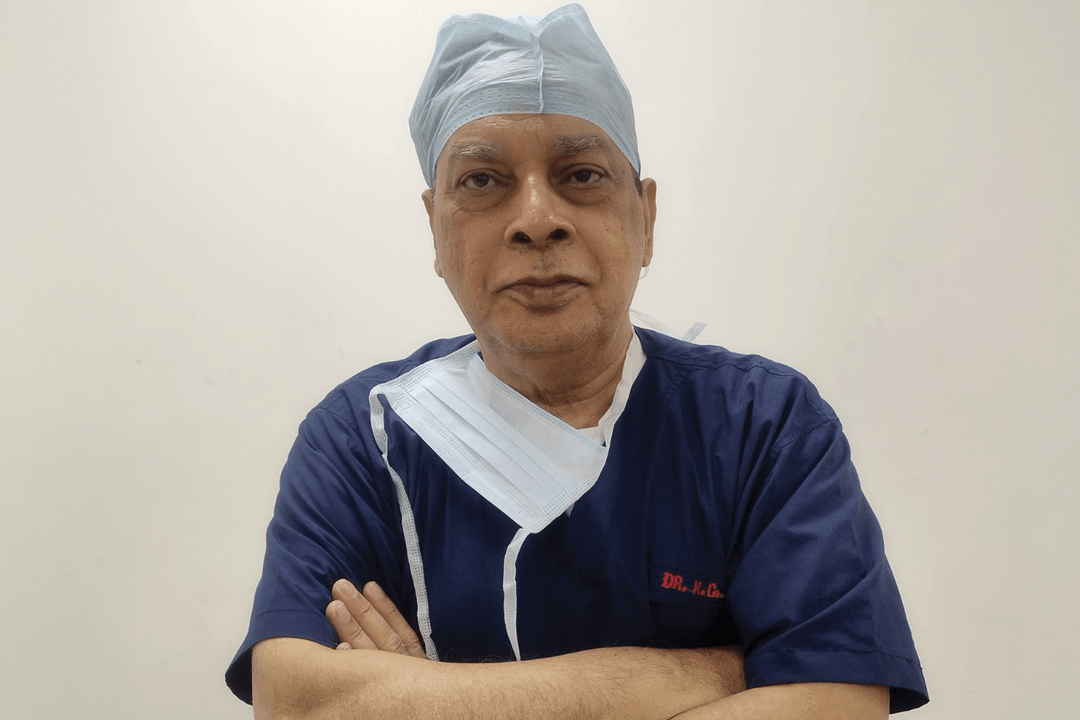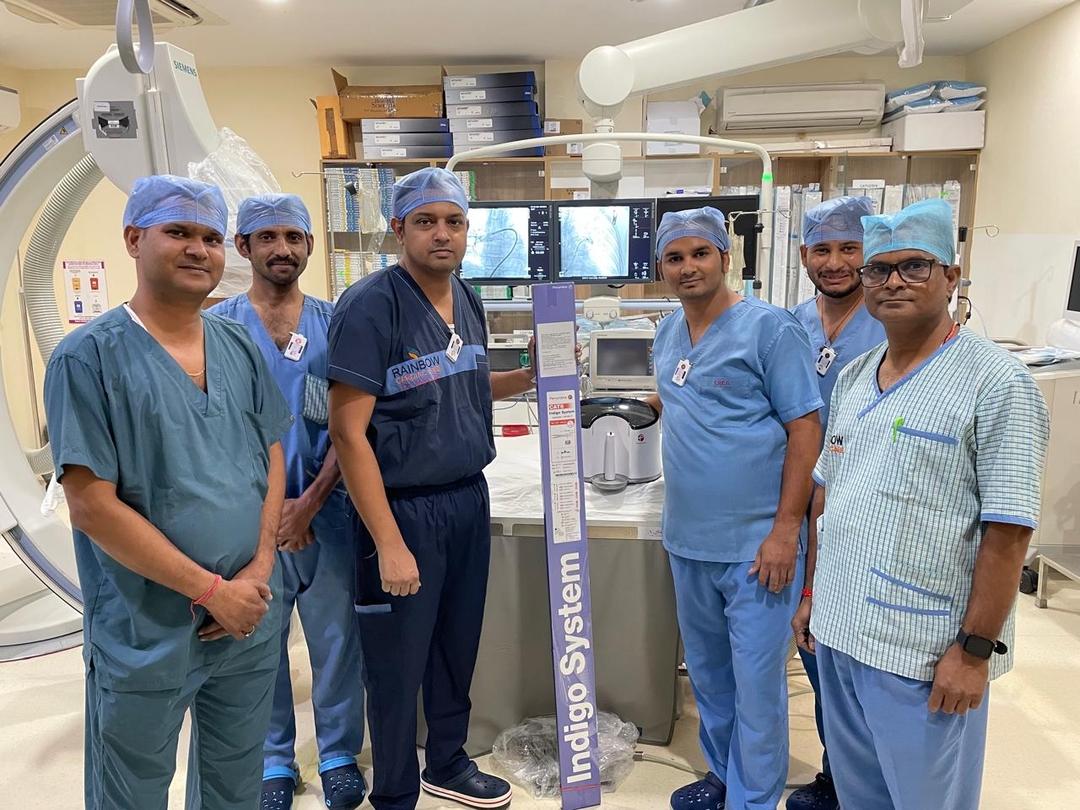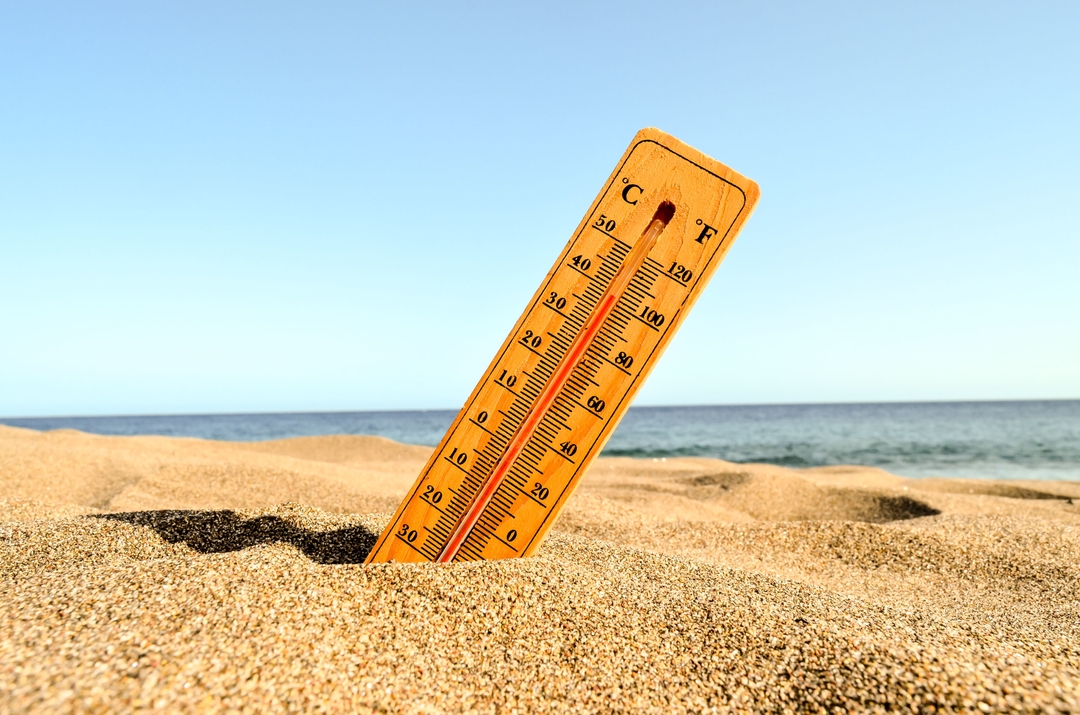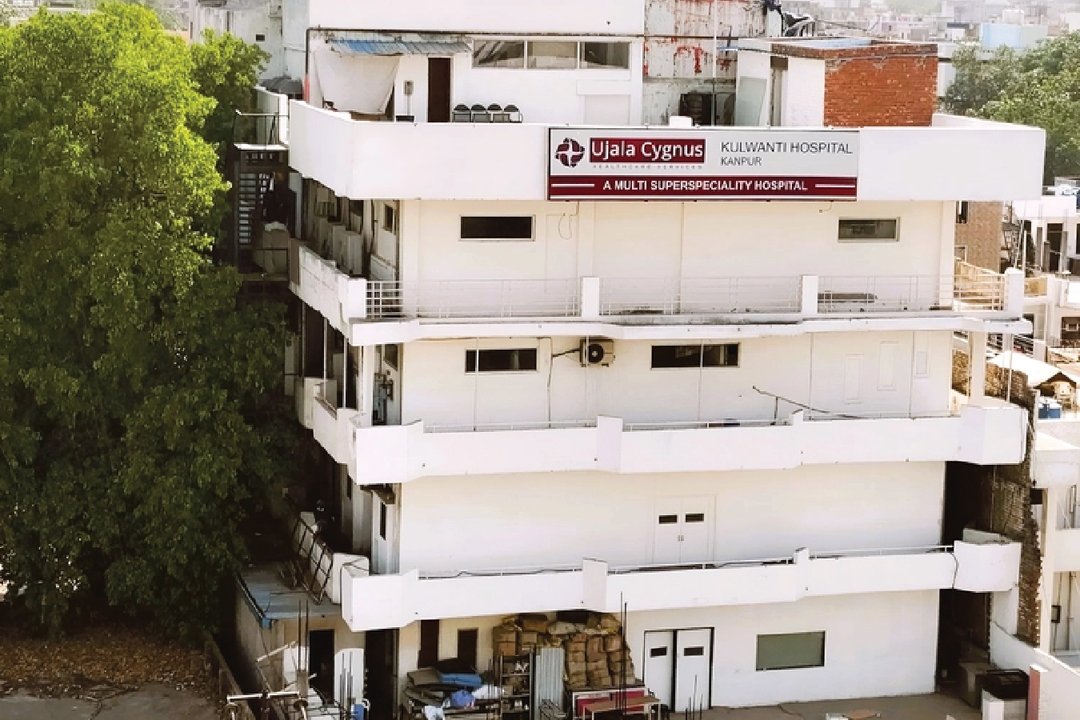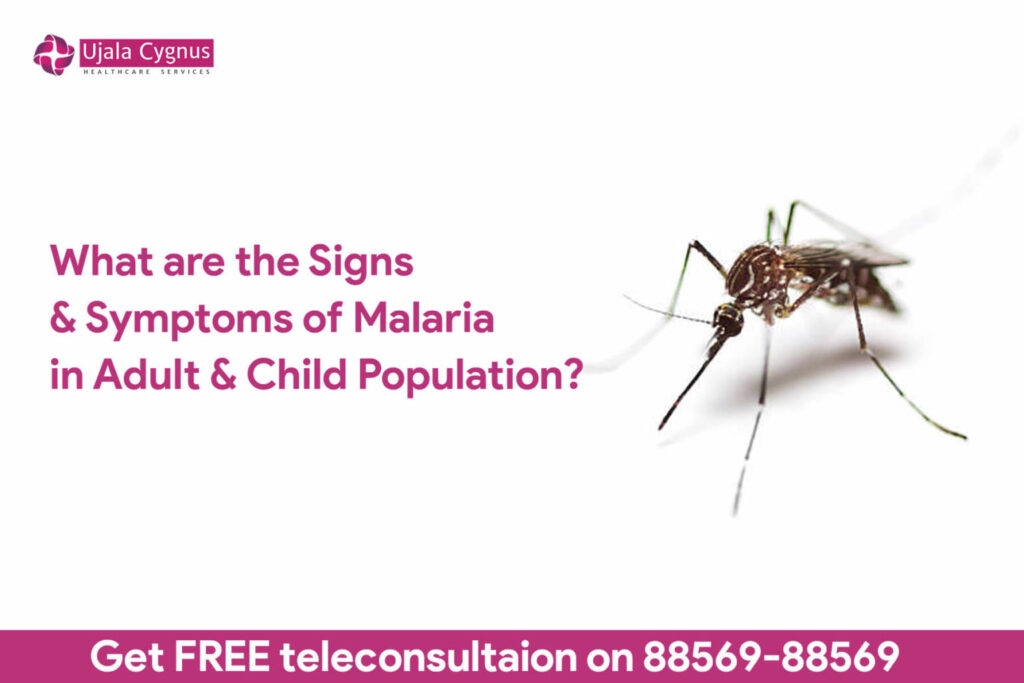
What are the Signs & Symptoms of Malaria in Adult & Child Population?
By Ujala Cygnus
Reviewed by : Jalaz Jain
April 21, 2022
Symptoms of malaria include fever, headache, and chills, which usually appear 10–15 days after the mosquito bite. It may be mild and often challenging to recognize as malaria As per the stage of the infection, the infected species in patients show diverse symptoms.
In most malaria cases, fever is virtually always present, and fever plus any other sign might be malaria if exposure occurs. Common complaints include mild to moderate exhaustion, muscle pains, backache, headache, dizziness, loss of appetite, nausea, vomiting, abdominal pain, and diarrhoea.
Shortness of breath and dry cough has been reported in some patients. Gastrointestinal complaints can be significant, indicating a diagnosis of gastroenteritis. On the occasion of physical examination, the body usually shows a raised temperature, tachycardia, and warm flushed skin.
The spleen is often detectable in initial illness, but this is more likely in successive attacks. It is usually mild and delicate, and the liver is often dilated and may be tender. Jaundice is not exceptional, and Orthostatic hypotension often happens during initial infections. Mental confusion and cyanosis are seen in many cases.
Malaria Disorder in Children Aged below 5
Younger children might complain of fever and headache as their only symptoms. Around 1-3 million people who die each year from malaria are children, especially in Africa, which is hyperendemic for malaria. The older children have a similar course as adults; however, the disease tends to be atypical and more extreme in children below the age of 5 years, particularly infants. In the first two months of life, children may not acquire malaria, or the indications may be mild with low-grade parasitemia due to the passive immunity offered by the maternal antibodies.
The Symptoms of Malaria in Children
Malaria doesn’t happen due to flu, so you can’t get it from sitting near an infectious person. Women during pregnancy who get infected with malaria have more severe symptoms and outcomes,higher rates of miscarriage. The malaria disease is passed on by transmitting parasites fromto child during pregnancy or perinatally during labour .
Symptoms of malaria in children also show up in about eight-day to three weeks once bitten by infected mosquitoes. The symptoms of malaria include
When do symptoms appear in Malaria cases?
The period from the initial malaria infection until signs appear is usually 7 to 30 days. But with conditions from some parasite species, signs of illness may not occur for many months after disclosure. For instance, you may get a fever up to a year after transiting to a country where malaria is found.
The incubation period may become extended if you take medicine to prevent infection. If you have some immunity due to prior conditions, your signs may be less painful, or you may not have any symptoms.
Symptoms may emerge in cycles. The time between fever outbreaks and other symptoms ranges with the specific parasite infection you have.
How did Malaria Guidelines come into existence?
The urgency shown worldwide to change the treatment of malaria led the World Health Organization (WHO) to develop malaria disease guidelines in 2006, later updated in 2010. The malaria guidelines in India were changed and updated in 2011, and the National Drug Policy or malaria guidelines in India for treating malaria were modified and updated in 2011.
India was confronted with malaria for more than three decades during the British Raj, and it was one of the greatest fears as it ended up in life-threatening situations. Scientific efforts that traversed for three decades came to fruition on Wednesday (October 6, 2021), when the World Health Organisation (WHO) nodded to its first vaccine. Mosquirix world-first malaria vaccine developed by GlaxoSmithKline (GSK), significantly reduces the risk of severe illness in malaria-infected children. Mosquirix (WHO) is the first and, to date, the only vaccine that has dramatically reduced malaria and life-threatening severe malaria in tests on young African children.
FAQs Frequently Asked Questions
A: Malaria occurs not because of a virus or bacteria, but it is driven by a parasite known as Plasmodium. It spreads through infected mosquitoes. Malaria occurs when a mosquito takes a bite from an infected human, taking in Plasmodia in the blood. In a week, when this mosquito takes another bite and injects the Plasmodia into another person’s body, it leads to spreading the malaria disease.
Mosquirix is the world’s first vaccine against P. falciparum, the most deadly malaria parasite globally and the most dominant in Africa. The children who received four doses have shown survival rates in clinical trials, i.e. 4 in 10 cases of malaria. The intricacy of the malaria parasite, Plasmodium, makes developing a malaria vaccine very difficult.
There are creatures like birds, rodents, and reptiles that can be infected with malaria species different from the human ones noted above. Apes and humans can convey some malaria species, but otherwise, animal malaria does not usually affect humans.
Ujala Cygnus Healthcare Group has 16 hospitals. Kanpur, Rewari, Kashipur, Varanasi, Sonepat, Panipat, Kurukshetra, Nangloi in Delhi, Rama Vihar in Delhi, Kaithal, Bahadurgarh, Karnal, Moradabad, Haldwani, and Agra.
You can book an appointment at your nearest Ujala Cygnus Hospital for any health issue treatment. For any query, you can give a missed call on 8856988569 and get a free consultation over the phone.
Loading...


